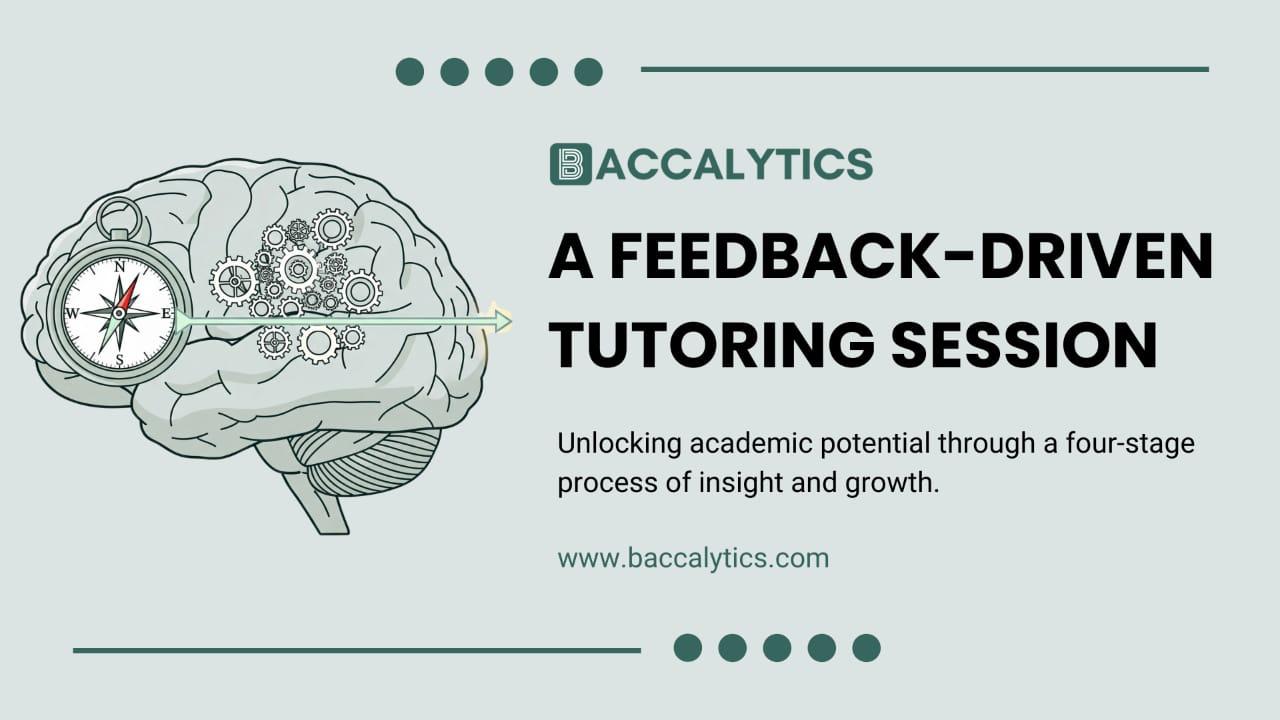
The Anatomy of a Feedback-Driven Tutoring Session: A Walk-Through with Baccalytics
Rabia Mateen
It’s a scenario we’ve all been in: staring at a textbook, a sea of formulas and concepts blurring together. You need help, but what kind of help actually works? A 2023 study by the National Center for Education Statistics found that over 60% of students who used one-on-one tutoring reported a significant improvement in their grades. But what makes a session truly effective? It’s not just about a tutor explaining a problem; it's about a dynamic, feedback-driven process. At Baccalytics, we’ve broken down this process into four core stages, creating a roadmap for success that goes beyond rote memorization.
Stage 1: The Diagnostic — Finding the "Why" Behind the "What"
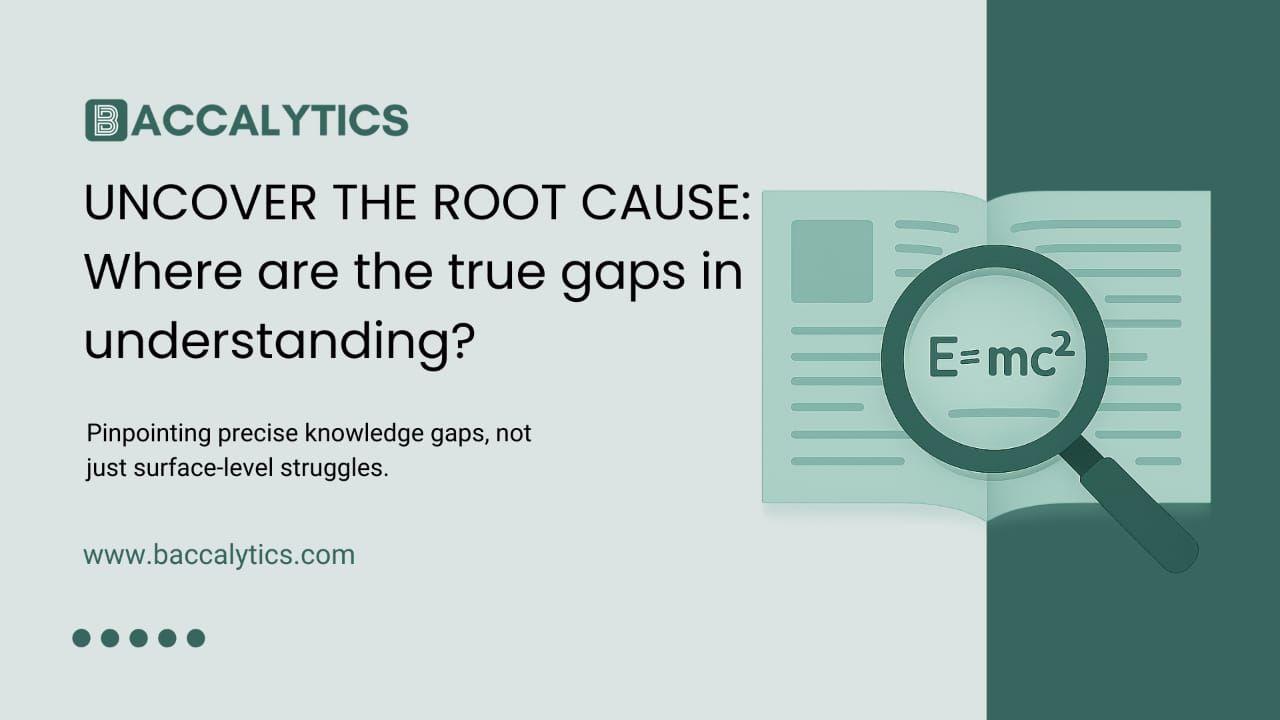
Before we jump into equations or essay structures, we start with a diagnostic. Think of this as a detective’s first step. A student might say, "I'm struggling with calculus," which is a broad statement. Our Baccalytics tutors dig deeper with targeted questions. Is the issue understanding derivatives, or is it a shaky foundation in algebra? We use a quick, informal quiz or a review of a recent assignment to pinpoint the specific knowledge gaps. This isn't about judgment; it's about understanding the root cause of the difficulty. This diagnostic phase ensures we aren't just treating a symptom but addressing the core issue.
Stage 2: The Planning — Crafting a Personalized Roadmap
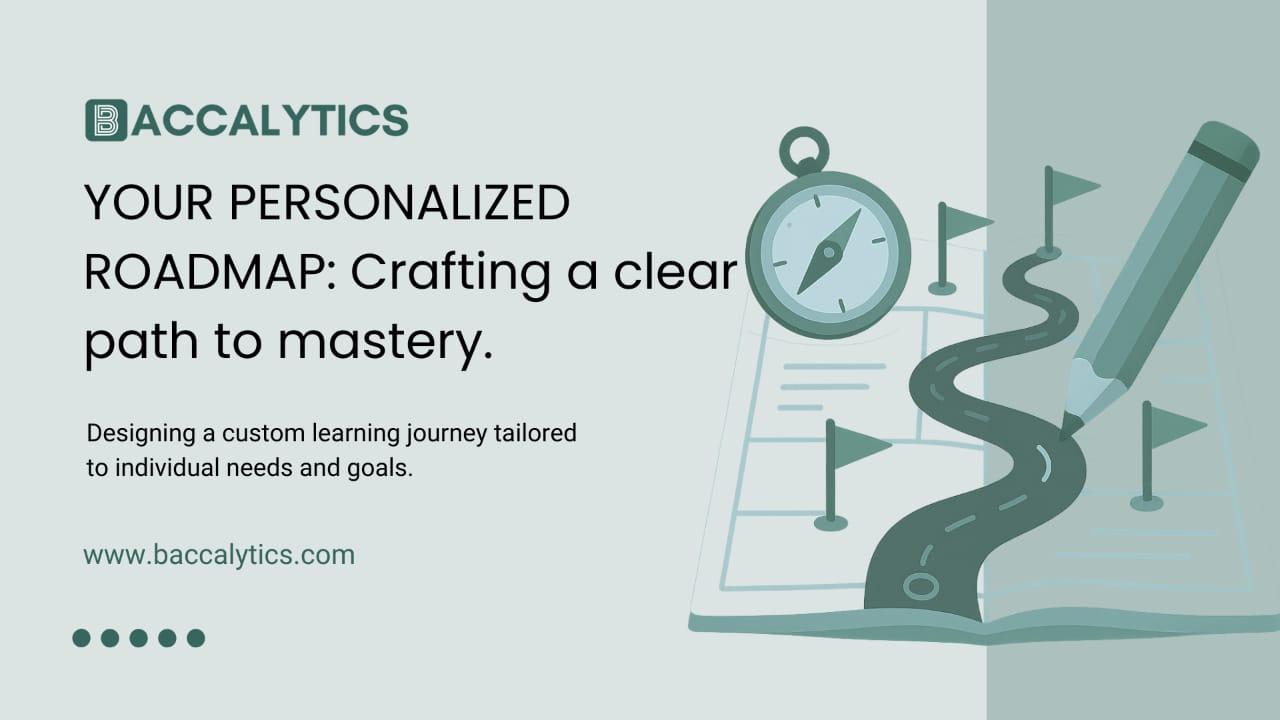
Once we have a clear picture, we move to the planning stage. This is where the tutoring session becomes a personalized journey, not a generic lecture. Based on the diagnostic insights, we create a mini-lesson plan for the session. For instance, if a student's struggle in chemistry is tied to balancing chemical equations, our plan might involve reviewing the law of conservation of mass, practicing with a few simple examples, and then tackling more complex problems together. This individualized approach ensures every minute is productive and tailored to the learner's unique needs. We share this plan with the student, empowering them with a sense of control and clarity about what they will achieve.
Stage 3: The Feedback Loop — A Continuous Dialogue
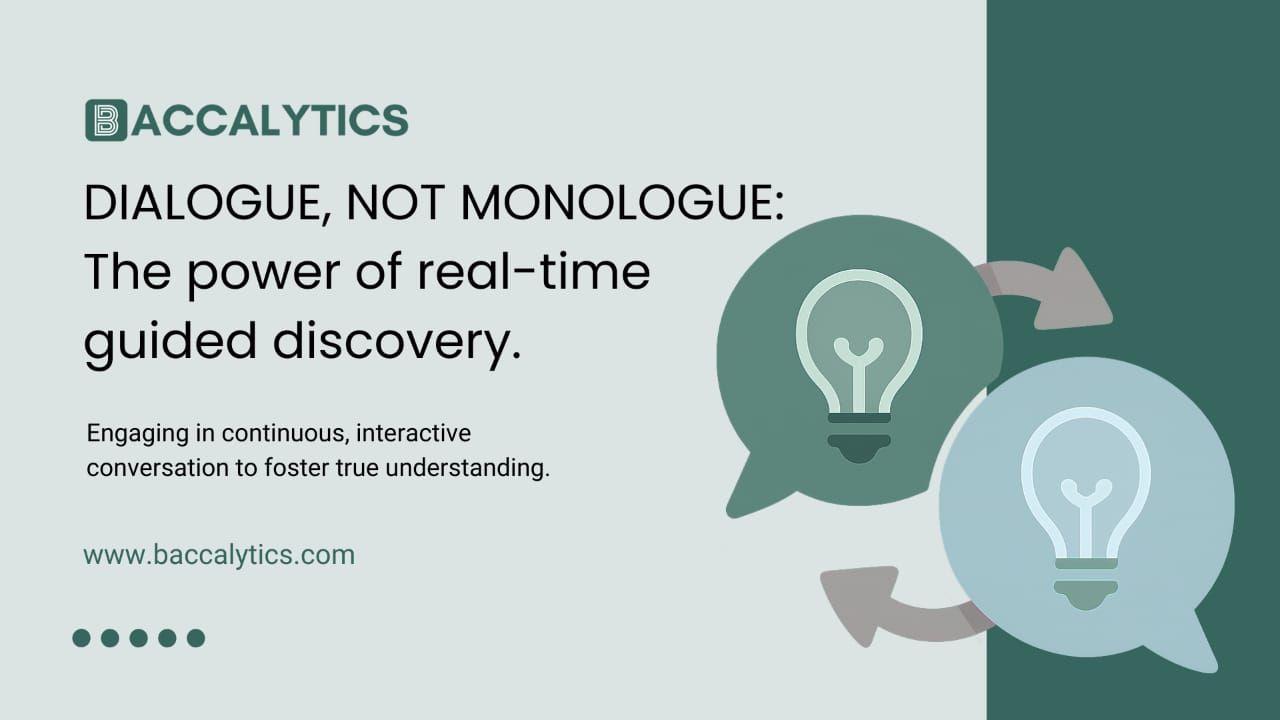
This is the heart of a Baccalytics session. Tutoring isn’t a monologue; it's a constant, two-way conversation. As the student works through a problem, the tutor provides real-time feedback. It's not just "that's wrong." It’s "Tell me about your thought process here. What's the first step you're taking?" This method encourages the student to articulate their reasoning, allowing the tutor to identify where the misunderstanding is happening. This continuous exchange of ideas builds confidence and reinforces correct methods. Our tutors use probing questions to guide the student toward the solution themselves, making the learning stick.
Stage 4: The Insight — From Session to Sustainable Skill
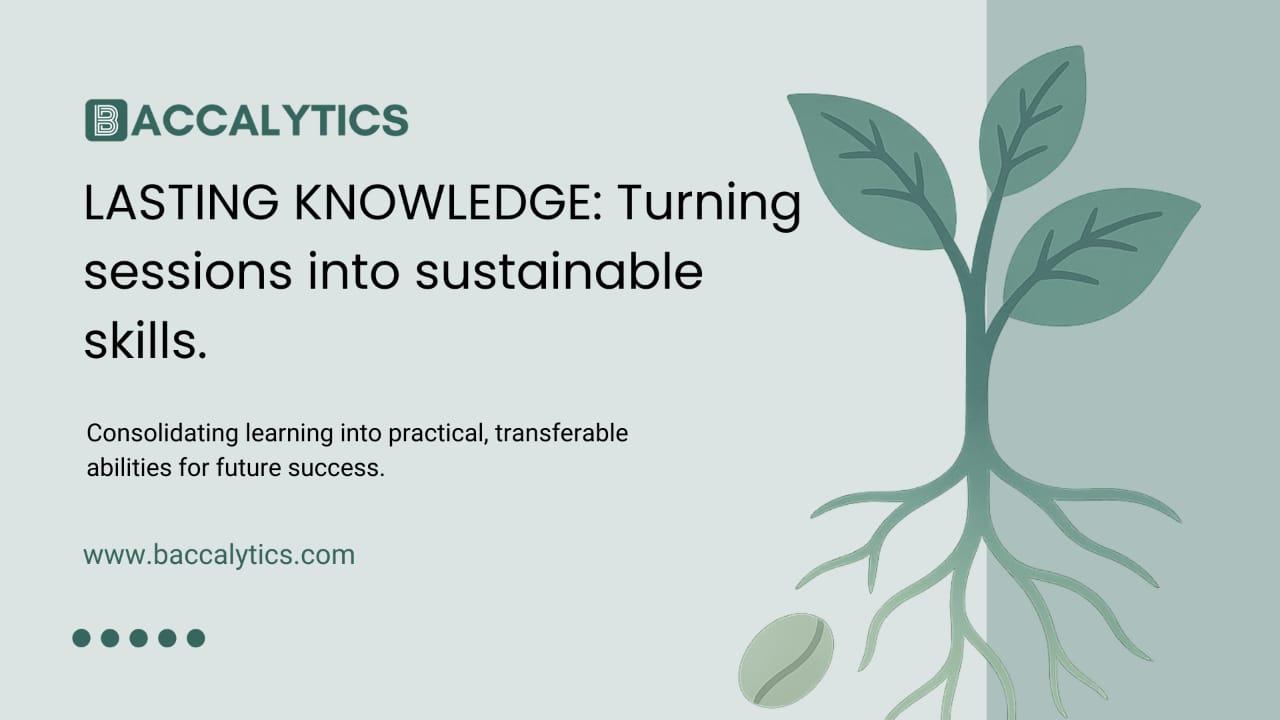
The final stage is perhaps the most crucial: transforming a single session into lasting insight. As we wrap up, we summarize the key takeaways. "Today, we mastered balancing chemical equations by focusing on the number of atoms on each side of the reaction. We also saw how a strong understanding of algebra is key to solving these problems." We also discuss what the student has learned about their own learning process. This reflection helps them understand not just what they learned, but how they learned it. This meta-awareness is a powerful tool they can carry forward. We then propose "next steps" — a few practice problems or a review of a related topic — to solidify the new skills.
More Than a Quick Fix: Building Lasting Skills
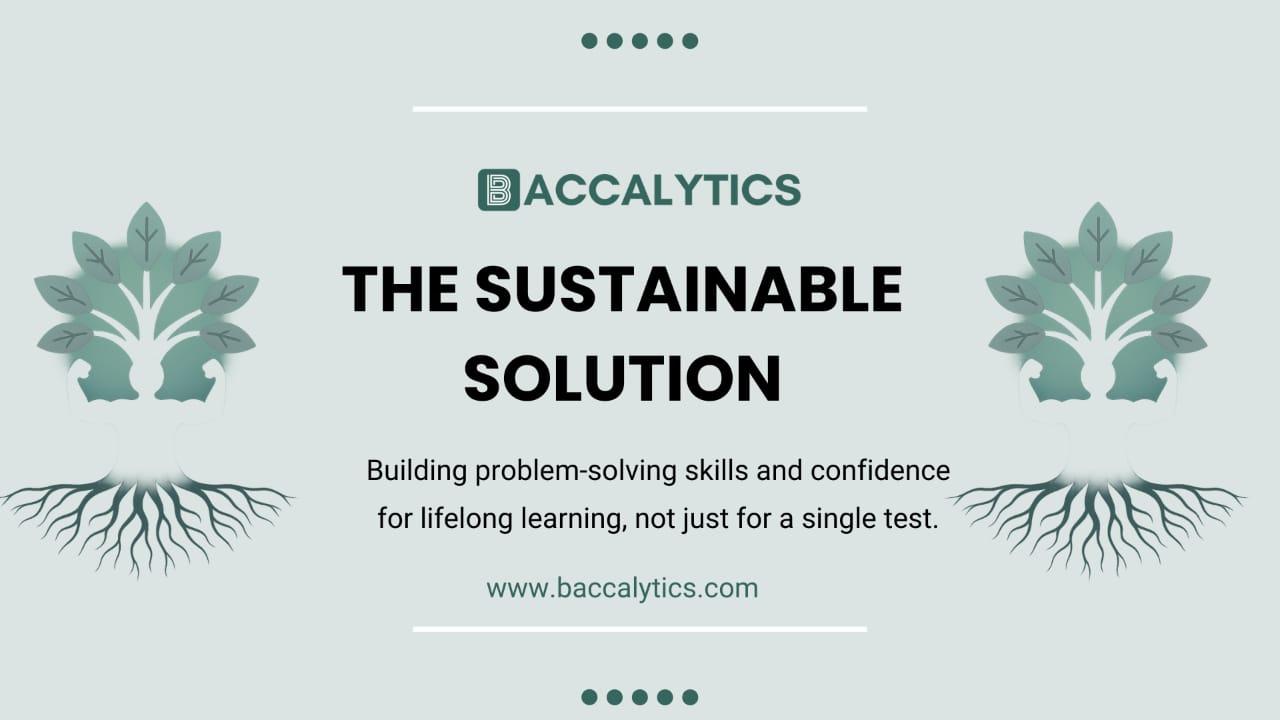
By following this four-stage structure, we move beyond simply answering questions. We help students develop problem-solving skills, build a strong foundation, and gain the confidence to succeed independently. This is the difference between a quick fix and a lasting solution. Our approach ensures that each session contributes to a student's long-term academic growth, helping them understand how to approach new challenges rather than just providing the answer to one. It's about empowering them to become resourceful learners who can tackle future coursework with competence and self-assurance.
